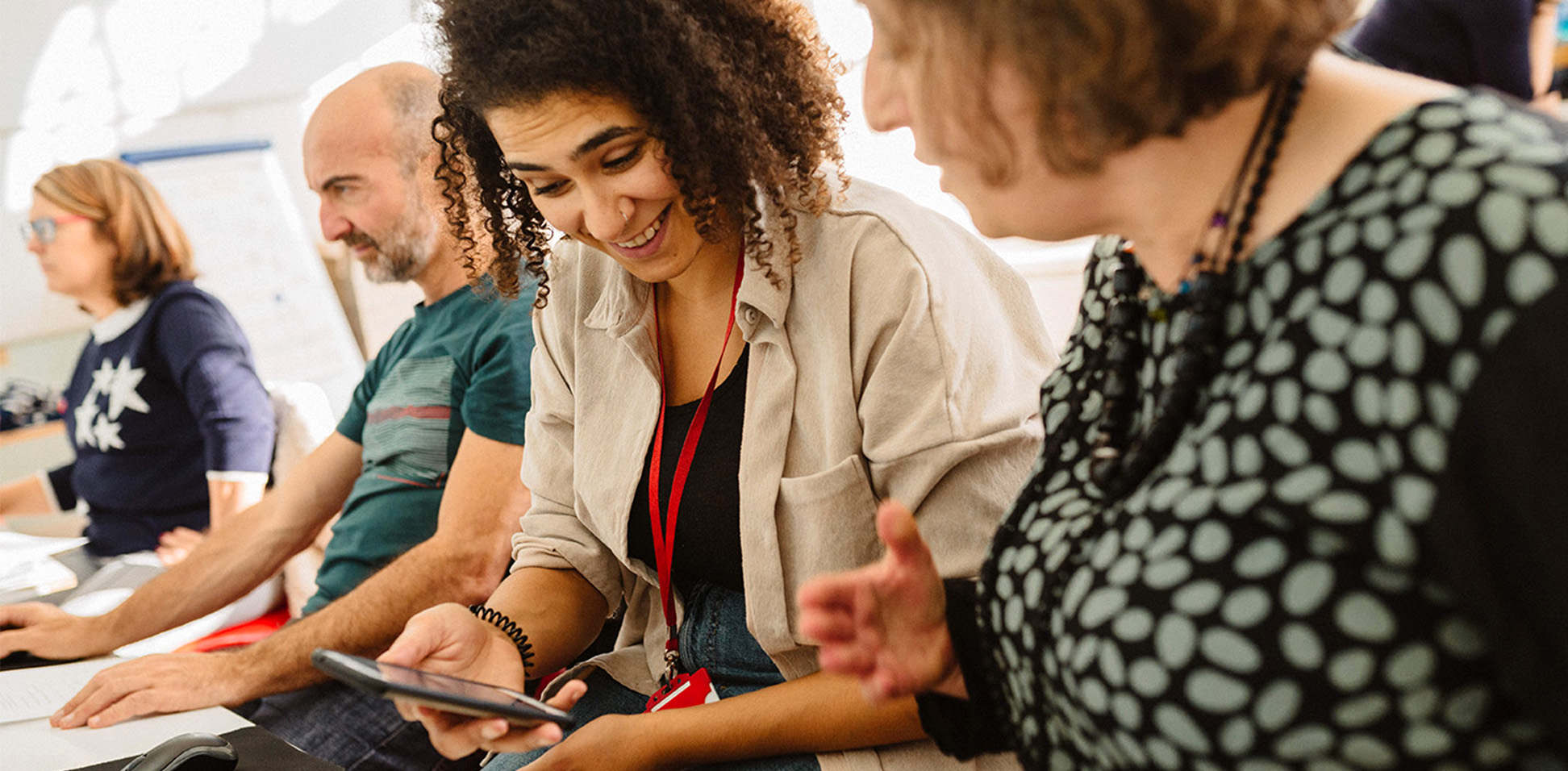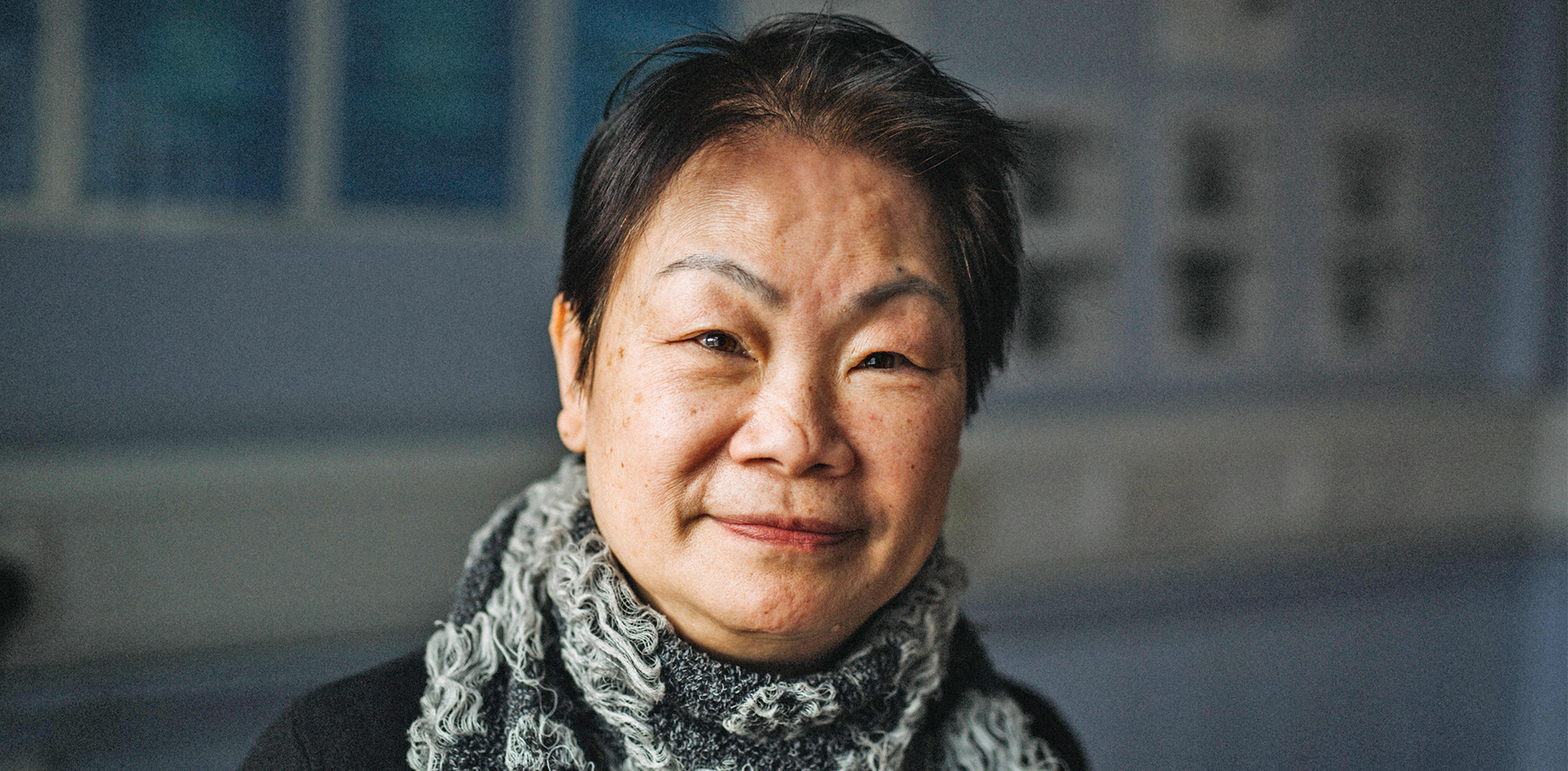Community action is transformative: Hubs engage with their MPs on digital inclusion
At the forefront of activism are members of the National Digital Inclusion Network. Not only do you deliver essential digital inclusion products and services, but many have recently written or met with their local Members of Parliament (MPs) to get digital inclusion on the local agenda.
Digital inclusion hubs are at the forefront
Digital technological progress is divisive. The advantages of efficiency, convenience, and flexibility are shadowed by accessibility and affordability issues, hindering thousands of people’s experiences of the modern, online world. This digital divide is deepening as our reliance on digital technology increases, leaving further behind those already excluded.
That’s why members of the National Digital Inclusion Network are calling on the Government to act; and their voice has never been as critical. Community-based initiatives are emerging as beacons of hope, championing the cause of digital inclusion, by engaging with their local MPs and leading on activism to fix the digital divide – for good.
By merging political engagement with their service provision from the grassroots up, hubs are colouring the House of Lords inquiry into digital exclusion – underscoring the urgency of the issue through lived-experience of the harsh ground reality. The Lords’ report highlighted how the digital divide amplifies existing inequalities and jeopardises economic prosperity. And it’s in this context that hubs are taking resolute steps.
For example, over 60 hubs attended a virtual Action Session to write to their local MP and invite them to immerse themselves in the issue’s heart and see first-hand the benefits of their digital inclusion services. These invitations hold profound significance, as they represent a conscious effort to convert policy recommendations into palpable outcomes for those on the wrong side of the digital divide.
MPs respond to digital inclusion
Recent successes underscore the importance of these interactions, including Northern Rights warmly welcoming Emma Lewell-Buck MP from the Labour party and Whiteinch Centre in Glasgow hosting SNP’s Carol Monaghan MP. As Monaghan is also party spokesperson for the Department for Science, Innovation, and Technology, she has an even greater interest in the issue.
Ethnic Minorities & Youth Support Team Wales (EYST) met with Geraint Davies, MP for Swansea West, to discuss ways to reduce the digital divide and the work done by their Sanctuary Hub supporting asylum seekers and refugees in the area. In particular, the hub discussed the increase in services users moving into accommodation without a router and struggling to access the internet.
The impact of these engagements cannot be overstated. They fuse policy-making with lived experiences, and have the ability to propel digital exclusion from abstract concern to an urgent reality demanding immediate attention. As we await the Government’s response to the House of Lords’ inquiry, community organisations are continuing to make visible the multifaceted challenge of the digital divide and possible solutions. Hubs’ distinct position in society, embodying shared responsibility and collaboration, whilst ensuring that no one is left behind in the pursuit of progress are our beacons of hope and catalysts for change.
Only time will tell if this transformative force of community action alongside the responsive approach of MPs will empower Government to create the lasting change necessary to well and truly fix the digital divide – before digital technology overtakes us altogether.


